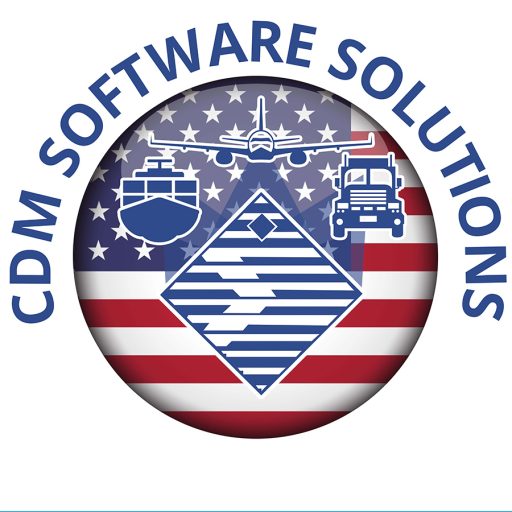Ensuring the security of data is crucial for logistics companies as they handle sensitive information related to shipments, clients, and partners. Here are four essential tips to help logistics companies keep their data safe:
- Implement robust data encryption:
Utilize strong encryption protocols to safeguard sensitive data both in transit and at rest. Encryption transforms data into a format that can only be read with the correct decryption key. Ensure that all communication channels, databases, and storage systems use encryption to protect data from unauthorized access or interception.
- Regularly update and patch software:
Keep all software and systems up to date with the latest security patches and updates. Many data breaches occur due to known vulnerabilities that could have been prevented with timely updates. Logistics companies should have a well-defined patch management process to ensure that security patches are applied promptly and consistently across their infrastructure.
- Train employees on cybersecurity best practices:
Employees play a significant role in maintaining data security. Conduct regular training sessions to educate employees about the importance of data security and best practices to follow. Teach them how to recognize phishing attempts, the importance of strong passwords, and the significance of not sharing sensitive information with unauthorized individuals.
- Implement multi-factor authentication (MFA):
Require multi-factor authentication for accessing critical systems and data. MFA adds an extra layer of security by requiring users to provide multiple forms of identification before gaining access. This could include something they know (passwords), something they have (like a one-time passcode sent to their phone), or something they are (like biometric data). MFA significantly reduces the risk of unauthorized access, even if passwords are compromised.
Bonus tip. Backup and disaster recovery plan:
Maintain regular data backups and develop a comprehensive disaster recovery plan. Backups should be encrypted and stored separately to ensure data can be restored in case of data loss or cyber-attack. A well-designed disaster recovery plan will help the company recover from potential incidents with minimal downtime and data loss.
By implementing these data security measures, logistics companies can significantly reduce the risk of data breaches and protect their sensitive information, maintaining trust with their clients and partners.

